
Virtual Molecular Tumor Board in NSCLC: Expert Advice on Managing Challenging Cases
This live, virtual molecular tumor board meeting will include an introductory presentation on the latest developments in biomarker testing in advanced NSCLC, including tissue and plasma next-generation sequencing (NGS), followed by a discussion of four challenging oncogene-driven advanced NSCLC patient cases. The eminent faculty will discuss the challenges of diagnosis and treatment of patients with rare actionable molecular drivers (e.g. MET exon 14 skipping mutations, RET fusions, and KRAS G12C mutations) and provide their insights on optimal evidence-based treatment. The meeting will include audience voting on clinical scenario questions, and participants will also be able to submit questions for the faculty to address. Join this live, virtual molecular tumor board meeting to gain valuable insights from renowned experts in the field on how to expand the reach of targeted therapy in advanced NSCLC.
Faculty
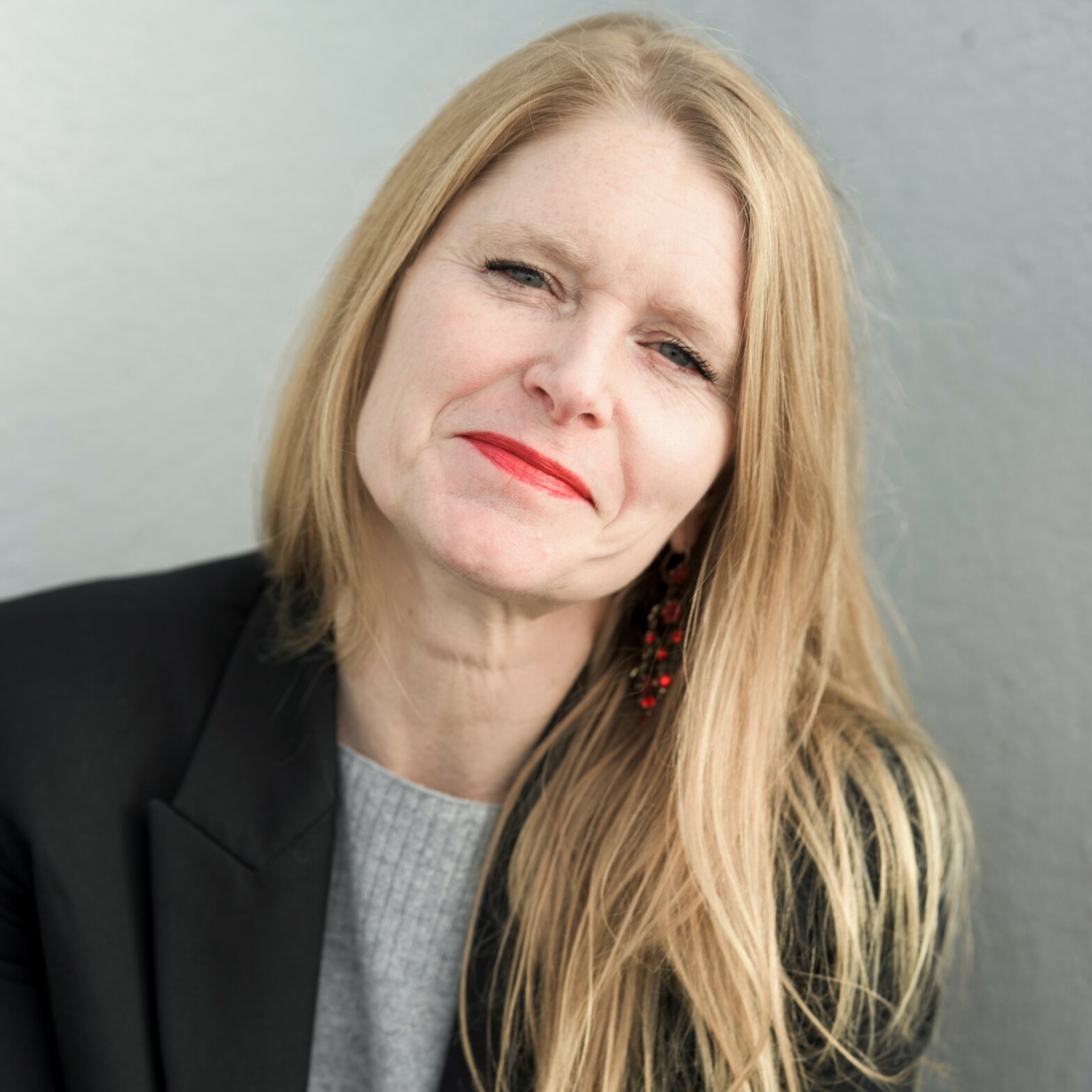
Solange Peters, MD, PhD | Chair
University Hospital of Lausanne
Lausanne, Switzerland
Solange Peters is a full Professor and Chair of Medical Oncology, as well as being Chair of the thoracic malignancies program in the Department of Oncology at the University Hospital of Lausanne in Lausanne, Switzerland. She received both her doctorate in medicine and PhD from the University Hospital of Lausanne. After completing her clinical education in medical oncology and molecular biology in Switzerland and Italy, Professor Peters has specialized in thoracic tumors, lung cancer, and pleural tumors.
Professor Peters is currently in charge of teaching and patient care in thoracic malignancies at Lausanne University, where she is building a translational program in collaboration with the Swiss Federal Institute of Technology and the Ludwig Institute. Her main fields of interest are the discovery and validation of new biomarkers in preclinical and clinical settings, multimodality strategies for locally advanced non-small cell lung cancer (NSCLC), as well as cancer immunotherapy. Her current research projects are mainly focused on innovative immunotherapy combinations and new immunomodulating treatments across thoracic malignancies. She acts as the local principal investigator (PI) for lung trials opened at Lausanne Cancer Centre and is a co-PI of several other trials. Additionally, she acts as the scientific coordinator and Foundation Council member of the European Thoracic Oncology Platform.
Professor Peters has authored numerous peer-reviewed manuscripts and book chapters, acts as associate editor of the Annals of Oncology, serves on the editorial board of several other oncology journals, and was the deputy editor of the Journal of Thoracic Oncology for 10 years. Professor Peters is active in the educational programs of the European Society for Medical Oncology (ESMO), where she created the Women for Oncology Committee and for which she is the youngest President ever for an extended time of 3 years during 2020 – 2022. She is also an active member of the International Association for the Study of Lung Cancer (IASLC), where she was a previous member of the Board of Directors.
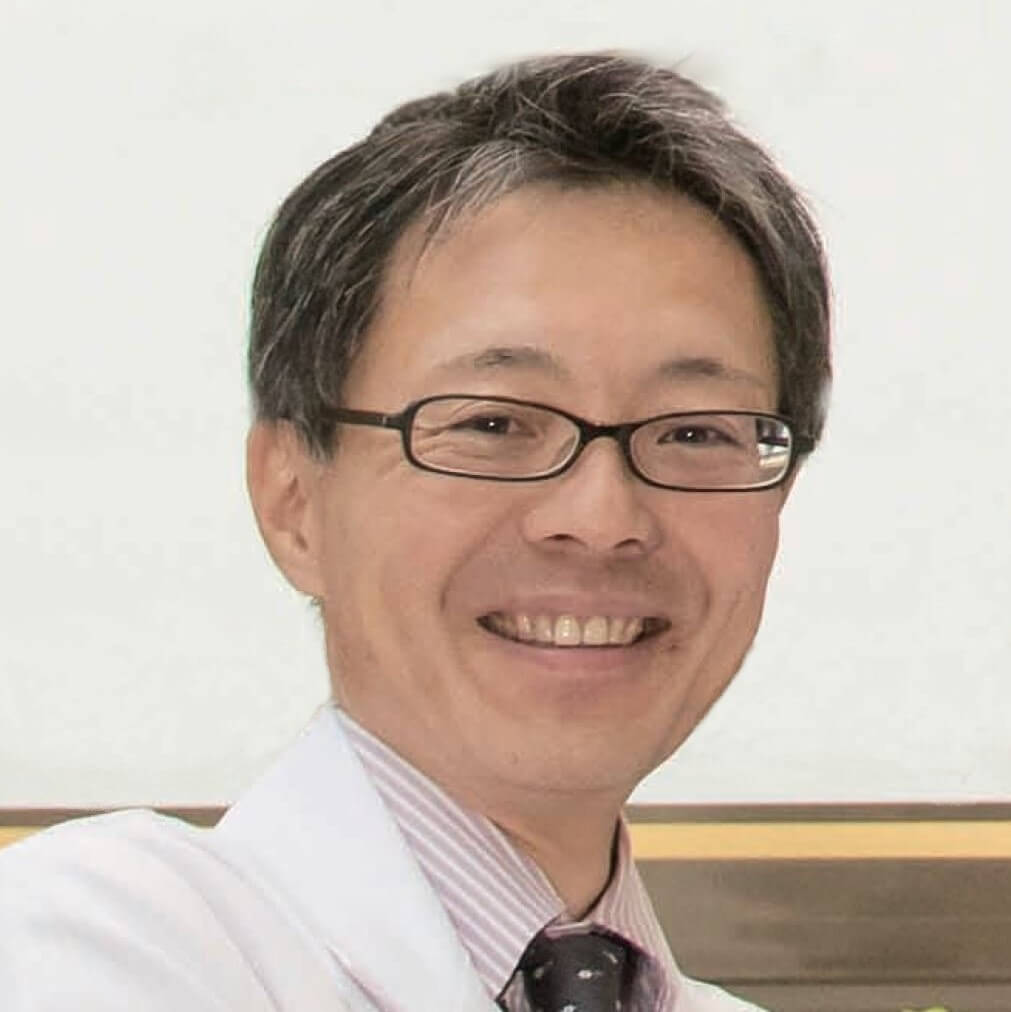
Yasushi Yatabe, MD, PhD
National Cancer Center
Tokyo, Japan
Yasushi Yatabe is currently Chief at the Department of Diagnostic Pathology, National Cancer Center Hospital, and Chief at the Division of Molecular Pathology, National Cancer Center Research Institute, Tokyo, Japan. He received his medical degree from Tsukuba University School of Medicine in 1991 and his PhD from Nagoya University in 1995. Dr. Yatabe spent 2 years of a post-doctoral fellowship at the Norris Comprehensive Cancer Center, University of Southern California, Los Angeles, CA, and on his return to Japan he worked as a Senior Pathologist and Chief (from 2005) at the Aichi Cancer Center Hospital until 2019 when he moved to his current position at the National Cancer Center in Tokyo.
Dedicated to research, Dr. Yatabe has published more than 500 articles in peer-reviewed journalsand presented his work at many national and international conferences. He has also served as a co-chair of the expert panel for the 2018 updated CAP/IASLC/AMP Molecular Testing Guideline. Throughout his career, he has earned a number of awards, including the 2017 IASLC Mary J. Matthews pathology/translational research award. His recent research interest focuses on translational research of lung cancer, contributing to expanding integration of clinical molecular oncology and pathology. Dr. Yatabe is a member of several societies including the American Thoracic Society and American Association for Cancer Research, and is a Board Member of the Japanese Society of Pathology, Japanese Association for Cancer Research, Japanese Society of Clinical Cytology and the Japanese Lung Cancer Society. In addition, he is an associate editor of Journal of Thoracic Oncology, Cancer Science and Pathology International.
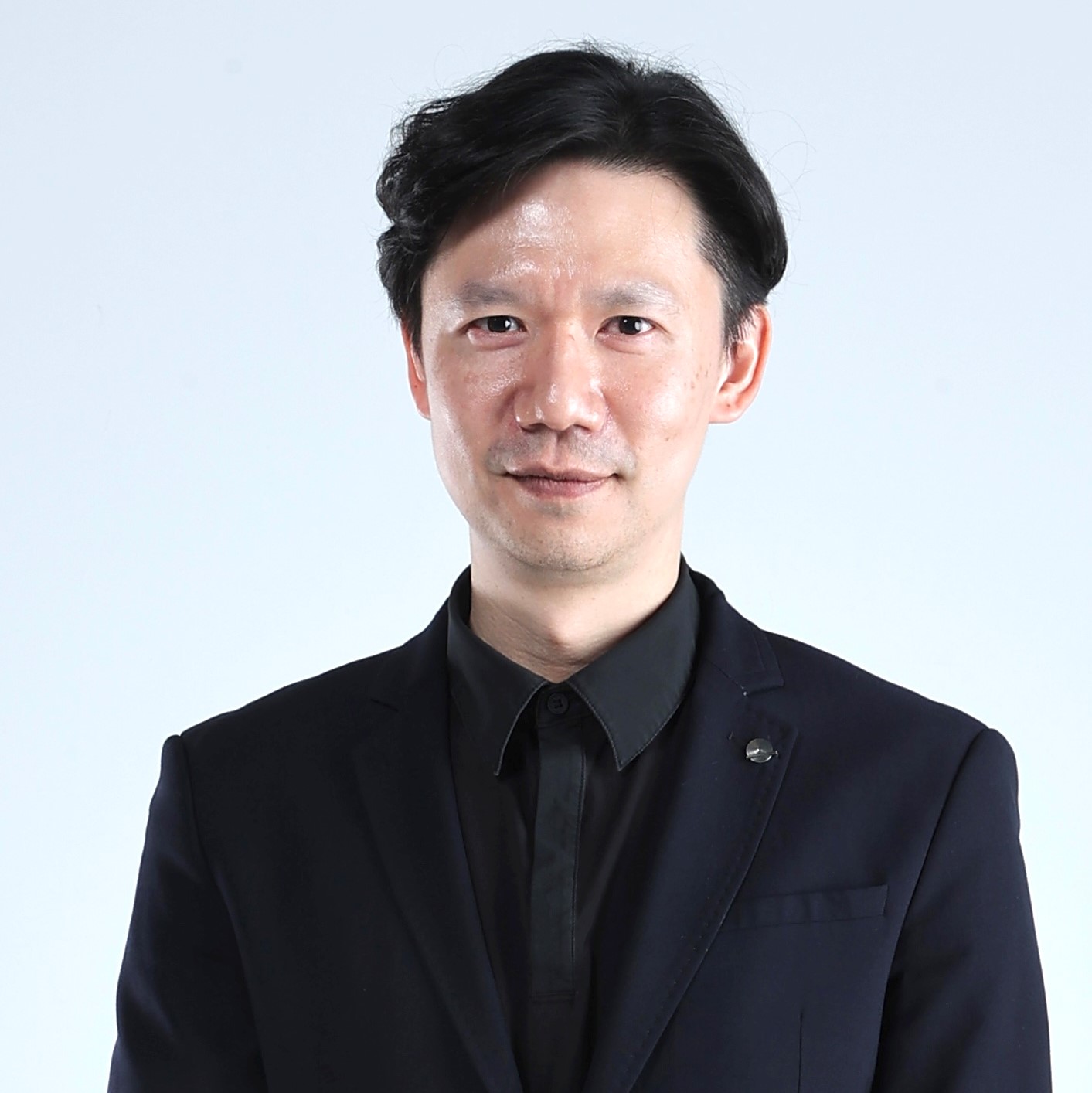
Wei-Hsun Hsu, MD, PhD
National Taiwan University Hospital
Taipei, Taiwan
Wei-Hsun Hsu is the attending physician in the Department of Oncology at the National Taiwan University Hospital, Taiwan. He specializes in thoracic malignancy, especially in oncogene-driven NSCLC. Dr. Hsu graduated from National Yang-Ming University in Taiwan and trained in internal medicine and medical oncology at the National Taiwan University Hospital. He takes part in many major clinical trials, including phase I studies. He has also participated in translational research in small cell lung cancer at Lombardi Cancer Center, Georgetown University, Washington DC, US. The main fields of his research include resistance mechanisms of targeted therapy and the tumor microenvironment.
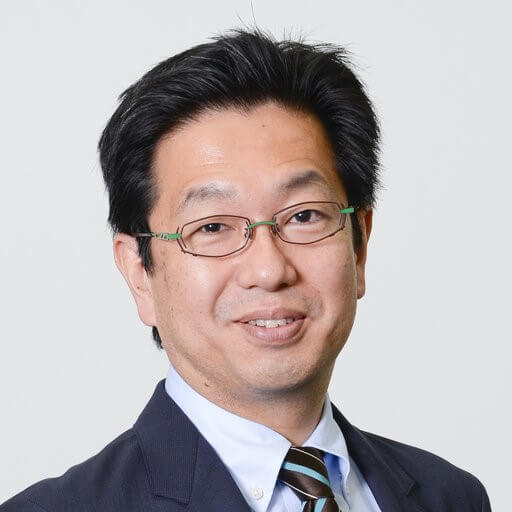
Terufumi Kato, MD
Department of Thoracic Oncology
Kanagawa Cancer Center
Yokohama, Japan
Terufumi Kato is a Chief Physician at the Kanagawa Cancer Center in Yokohama, Japan. Dr Kato received his medical degree from the Faculty of Medicine at Kyoto University in Japan in 1991. He then served his residency in general practice and internal medicine at Tenri Hospital in Nara, Japan, after which he joined as staff physician in the department of respiratory medicine of the hospital. He completed an advanced clinical fellowship in medical oncology at the National Cancer Center Hospital in Tokyo, and a research fellowship at the National Cancer Center Research Institute, also in Tokyo. He is a member of several international societies, including ASCO, ESMO, and IASLC, and is also a committee or faculty member for the Japanese Society of Medical Oncology, Japanese Lung Cancer Society and Japanese Respiratory Society. One of his main research fields is clinical research of medical treatments for lung cancer, especially concerning genomic diagnosis, drug therapy for oncogene-driven cancers, and immunotherapy. Another field of interest is the management of drug-induced pneumonitis in both lung cancer and other tumors.

Hyun-Ae Jung, MD, PhD
Samsung Medical Center
Seoul, South Korea
Hyun Ae Jung is a Clinical Associate Professor in the Division of Hematology-Oncology at the Samsung Medical Center, Seoul, Korea, where she also previously held the post of Clinical Assistant Professor during 2018-2021. She has also held a similar post in the Department of Internal Medicine at Hallym University Medical Center, Hallym University College of Medicine, Dontan. Professor Jung gained her medical degree from Kyungpook National University, School of Medicine, Daegu, and received her MMS and PhD from Sungkyunkwan University, School of Medicine, Seoul. She has also completed an internship, a residency in internal medicine, and a clinical fellowship in hematology oncology at the Samsung Medical Center in Seoul.
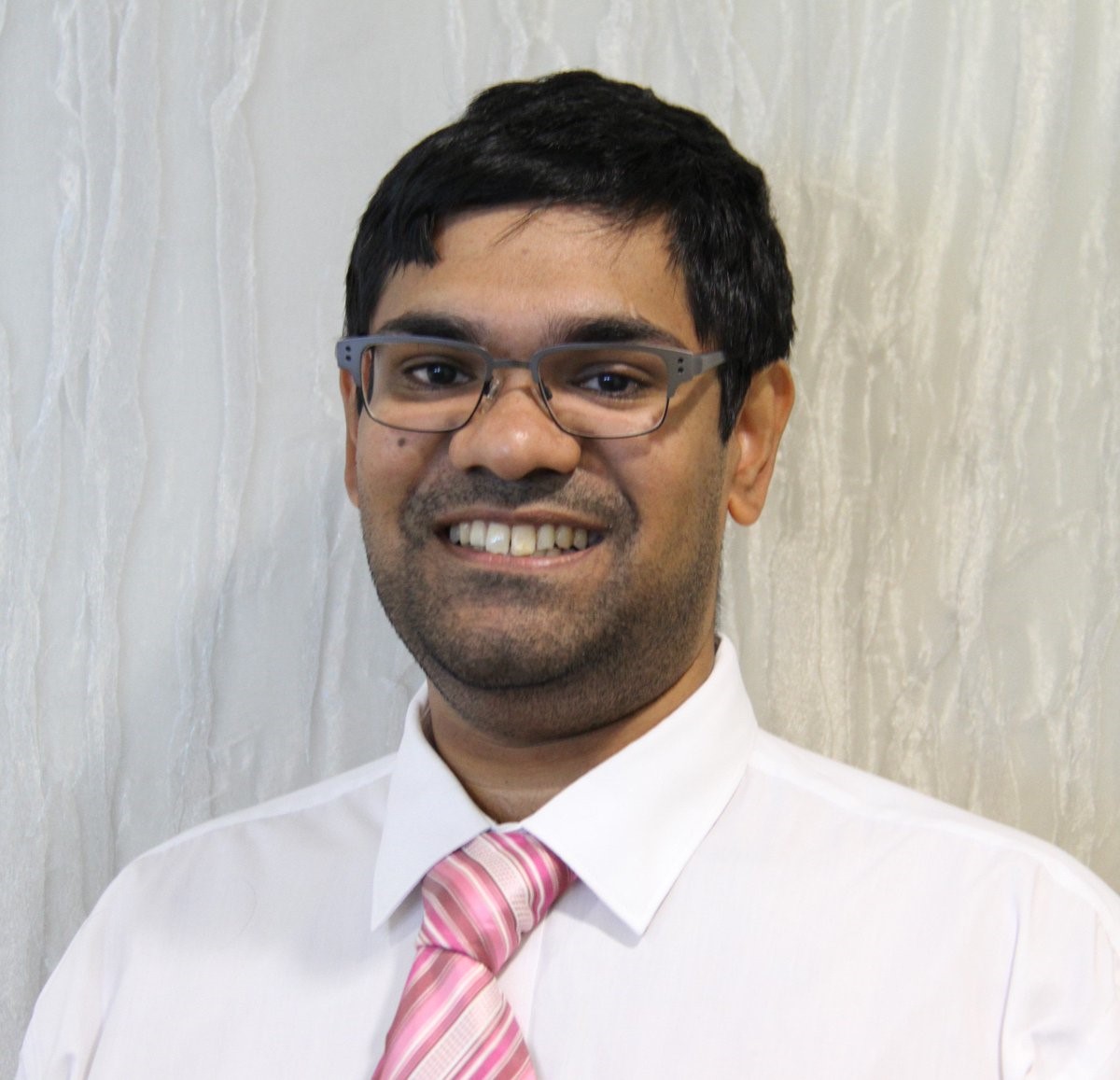
Surein Arulananda, MBBS, BMedSci, PhD, FRACP
Monash Hospital & Monash University
Melbourne, Australia
Surein Arulananda is the Deputy Director of Medical Oncology and Thoracic Oncology trials at Monash Health in Victoria, Australia. He returned to Australia in early 2022 after spending 2 years as a Post-Doctoral Research Fellow under the supervision of Professor Pasi Jänne at the Dana-Farber Cancer Center and Harvard Medical School in Boston, US. His research is focused on understanding and developing novel strategies to manage minimal residual disease in oncogene-driven lung cancers.
After completing his undergraduate medical degree through the University of Melbourne in 2009, Dr Arulananda successfully completed his medical oncology training through the Victorian Medical Oncology Programme in 2017. He then completed a laboratory-based PhD, which focused on novel therapeutics in malignant pleural mesothelioma, through the Olivia Newton-John Cancer Research Institute under the primary supervision of Associate Professor Thomas John in 2020. He has a special interest in thoracic malignancies and is the Associate Editor for the Journal of Thoracic Oncology Clinical Research Reports published by the IASLC. He has published over 25 peer-reviewed manuscripts, been an invited speaker both nationally and internationally, and has been successful at competitive grant funding. Dr Arulananda is also currently undertaking a Master of Business Administration (commenced 2022) through the University of Melbourne.
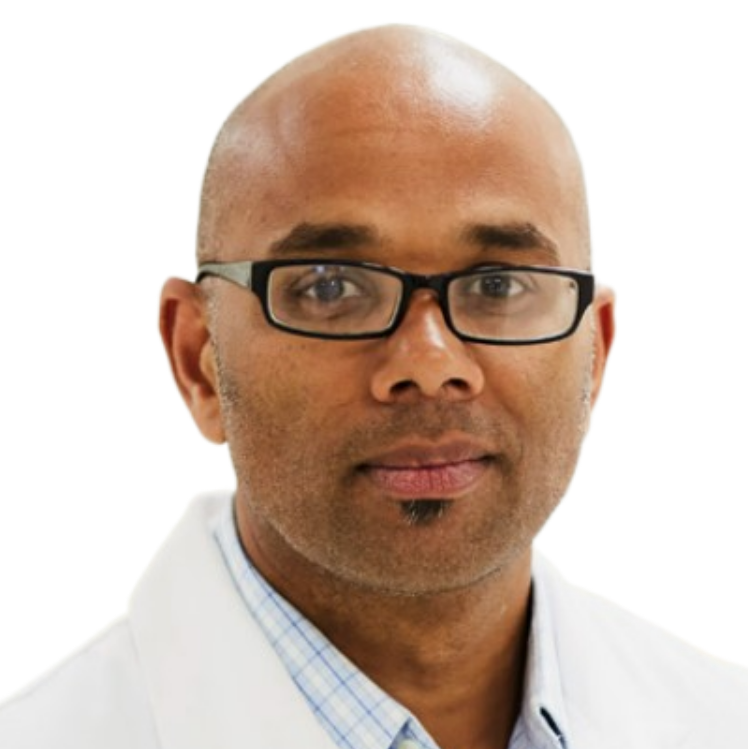
Tom John, MBBS, PhD, FRACP
Peter MacCallum Cancer Centre
Melbourne, Australia
Tom John is an Associate Professor at Peter MacCallum Cancer Centre, Melbourne, Australia. He received his Bachelor of Medicine and Bachelor of Surgery from Monash University, Australia, in 1996, and became a fellow of The Royal Australasian College of Physicians, Medical Oncology, in 2005. He gained his PhD in Medicine from the University of Melbourne, Australia, in 2008.
Associate Professor John's medical oncology areas of responsibility involve the management of patients with lung cancer and familial cancers. His research interests currently involve the development and validation of molecular predictive and prognostic markers in non-small cell lung cancer and the performance of clinical trials evaluating targeted biologic agents and small molecule inhibitors in lung cancer.
During his career, Associate Professor John has received several awards and grants, including: Merit award, American Society of Clinical Oncology (2010); Victorian Cancer Agency Clinical Research Fellowship (2010); Novartis Oncology Young Canadian Investigator Award (2009 – 2010); ASCO Cancer Foundation Merit Award (2009); International Association for the Study of Lung Cancer Fellowship (2008); AACR-Glaxo-Smith-Kline Outstanding Clinical Scholar Award (2008); ASCO Cancer Foundation Merit Award (2007); Medical Oncology Group Australia Travel Grant (2007); and Australian Microarray and Associated Technologies Oral Presenter Award (2006).
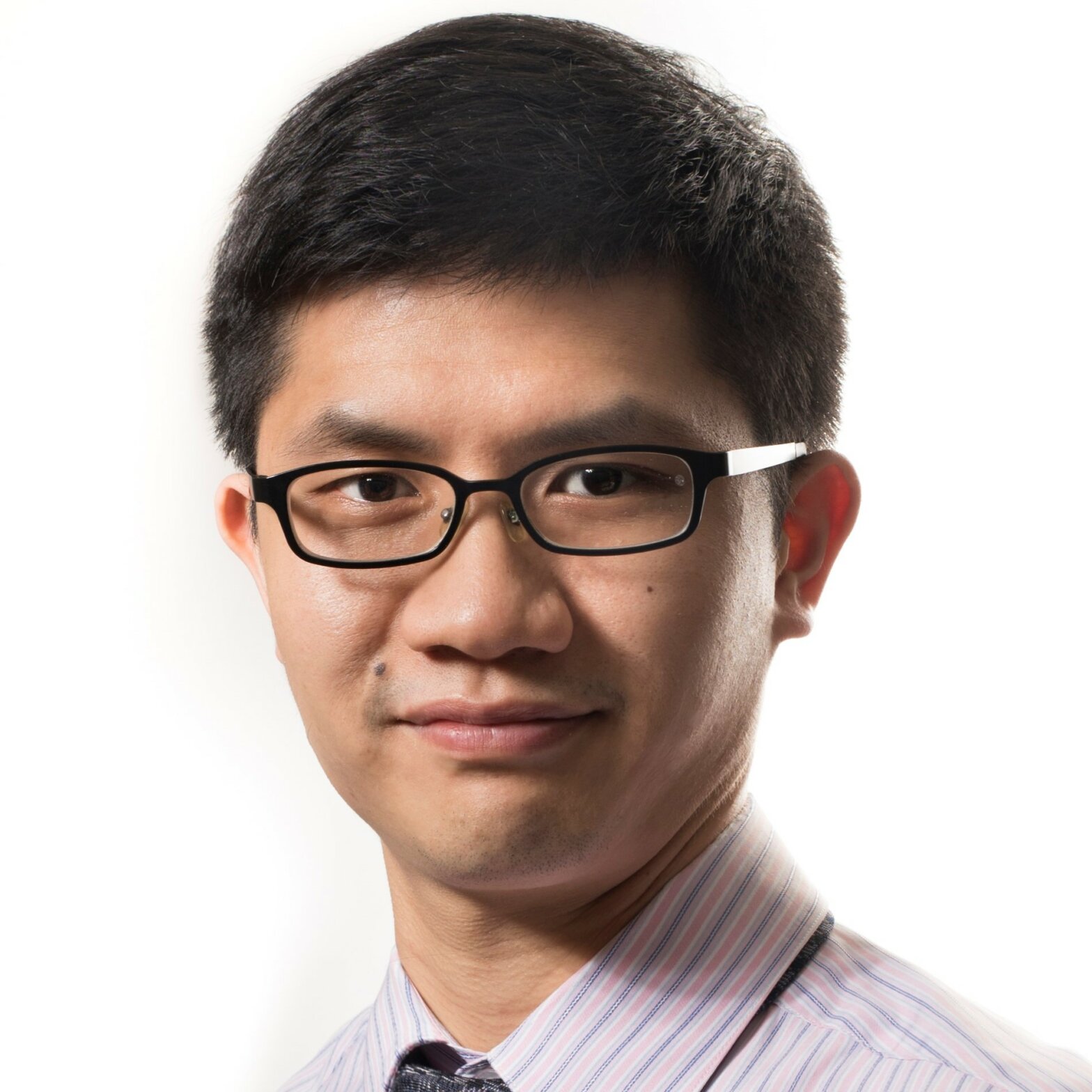
Molly SC Li, MBBS, MRCP, FHKCP, FHKAM
The Chinese University of Hong Kong
Hong Kong SAR, China
Molly Li is a board-certified specialist medical oncologist in Hong Kong and is currently the Clinical Assistant Professor in the Chinese University of Hong Kong. He graduated from the University of Hong Kong in 2014 with a distinction in medicine and psychiatry, and his research interest is in targeted therapy in lung cancer especially resistance mechanisms to osimertinib in EGFR-mutated lung cancer. Dr Li is the principal investigator or co-investigator of multiple lung cancer clinical trials in the Prince of Wales Hospital and conducts a number of translational and laboratory studies on drug resistance. He has served as a reviewer for multiple journals including Journal of Thoracic Oncology and Translational Lung Cancer Research. He has also been an invited speaker in multiple local and regional events and conferences.

Te-Chun Hsia, MD, PhD
China Medical University Hospital
Taichung, Taiwan
Te-Chun Hsia is the Chair and Associated Professor of the Department of Respiratory Therapy at the China Medical University, Taichung, Taiwan. He is the Vice-Chair of the Department of Internal Medicine and Director of the Intensive Medicine Center at China Medical University Hospital (CMUH). Dr. Hsia received his MD, Masters and PhD degrees in Clinical Medicine from China Medical University (CMU). He serves as an active member and in leadership positions in multiple academic societies, including Taiwan Lung Cancer Medical Society, Taiwan Hyperbaric Oxygen and Undersea Medical Society, Taiwan Pulmonary and Critical Medical Society, Taiwan Integrated Medical Society, and several others. Dr. Hsia has been a Principal Investigator in many lung cancer clinical trials and has conducted basic research in airway disease and lung cancer. His major interests include SNP of cancer and airway diseases, cancer cell line studies, and lung cancer signal pathways research. Dr. Hsia has authored/co-authored more than 200 scientific publications in peer-reviewed journals in these research areas.
15:00 Welcome and NSCLC quiz
Solange Peters, MD, PhD
15:07 Keeping Up To Date With Evolving Biomarker Testing in Advanced NSCLC
Yasushi Yatabe, MD, PhD
15:22 Case #1 – Advanced NSCLC with MET Exon 14 Skipping Mutation
Wei-Hsun Hsu, MD
15:32 Roundtable Discussion: Optimizing Treatment for Patients WithMET Alterations
Terufumi Kato, MD
15:47 Case #2 – Metastatic RET Fusion-Positive NSCLC
Hyun-Ae Jung, MD, PhD
15:57 Roundtable Discussion: The Challenge of Diagnosis and Management of “De Novo” RET Fusions
Solange Peters, MD, PhD
16:12 Case #3 – KRAS(G12C)-Mutant NSCLC
Surein Arulananda, MBBS, BMedSci, PhD, FRACP
16:22 Roundtable Discussion: Targeting KRAS in NSCLC
Tom John, MBBS, PhD, FRACP
16:37 Case #4 – EGFR-Mutant NSCLC Resistant to Osimertinib
Molly SC Li, MD
16:47 Roundtable Discussion: Managing Acquired Resistance to First-Line Osimertinib
Te-Chun Hsia, MD, PhD
17:02 Quiz Questions Revisited and Pearls for Practice
Solange Peters, MD, PhD
This meeting is designed specifically for medical oncologists, pulmonologists, pathologists, oncology fellows, and other healthcare professionals involved in the management of patients with lung cancer in the Asia Pacific region.
Upon completion of this educational activity, participants should be able to:
- Assess actionable biomarkers in advanced NSCLC and use broad molecular profiling (in tissue and plasma) to provide optimal personalized therapy for patients with advanced NSCLC
- Select the best treatment sequence for patients with RET, MET, and KRAS G12C alterations, in first line and beyond progression
- Identify diagnostic and treatment approaches for patients who develop resistance to first-line EGFR TKI
This educational activity is provided by ACE Oncology.
This educational activity is supported by an independent grant from the Healthcare business of Merck KGaA, Darmstadt, Germany.
This activity provides content that is evidence-based, balanced, and free of commercial bias, with a primary objective to improve the competence and performance of learners in order to improve patient care. There is no fee for this activity.
